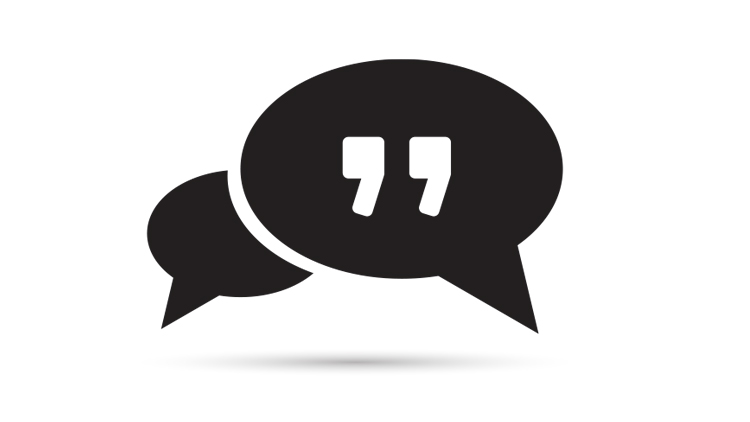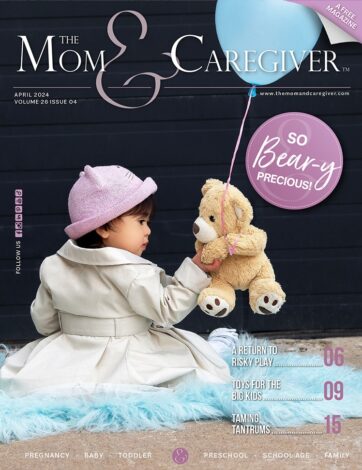Speaking Up – Building Baby’s First Words
Your baby’s first words…a huge milestone that deserves to be celebrated. But for some parents, it can feel like forever waiting for their little ones to utter their first real word. Naturally, there is variation when it comes to the age in which a baby starts to talk. We typically can expect to hear that first word around 12 months of age. If your baby is still not using words around this age, you can help give them a little boost! Babies listen to their parents chat away all day long; it is HOW we talk to our little ones that can help them learn to understand and use language.
When our babies aren’t using real words yet, it is often natural for us to talk to them throughout the day. It is a great idea to narrate what is going on around our babies, but when we chat nonstop, we don’t give our little ones time to contribute to the conversation! Next time you are playing with your baby, try leaving more gaps in your speech. During this time, you can look at your little one expectantly, to show them that they can take a turn at communicating. Wait until they make some sort of communication, whether it be a sound, word, gesture, or simply looking up at you. The more opportunities we give our babies to communicate, the more chances they will take. For example, while playing with cars, you could say “ready, set”, then count to five in your head while leaning forward and looking at your little one. Over time, they should learn to fill that gap before you eventually say “go!”.
After a long day at work, it is often tempting to set your little one on the floor to play, and collapse onto the couch and watch them. Although it may be less comfortable on the floor, being face to face with your child is invaluable for language learning. When you are on the same level as your child, it is much easier for them to make eye contact with you, and to see the shapes your mouth is making as you talk to them. Most importantly, it allows you to see what they are truly focused on, so you can talk about, and play with that same item. This joint attention enables you to provide your little one the words that match what they are focused on in that moment.
When our babies seem to be falling behind their peers, it can be worrisome and stressful. Luckily, by making simple changes to your interactions, you can help them to catch up!














